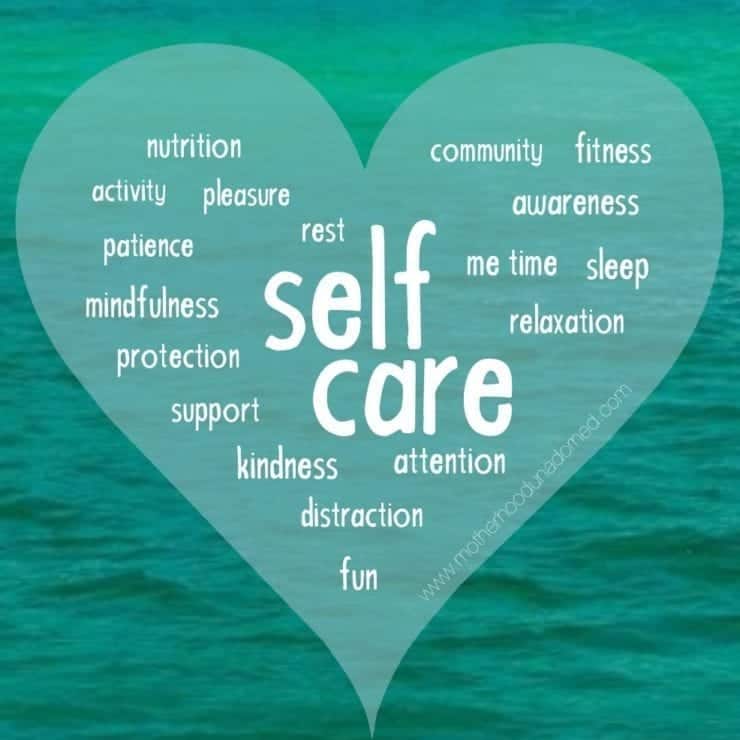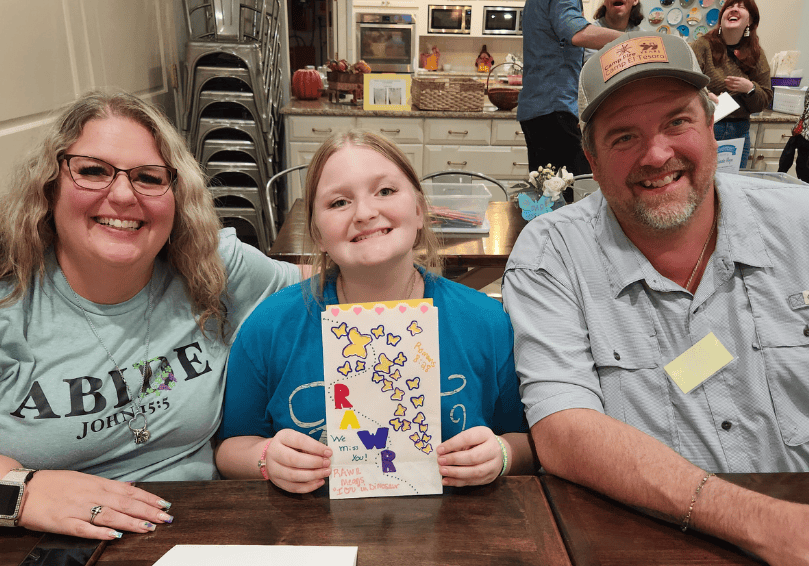
The start of a new year signifies the beginning of goal setting and how to achieve “the new you.” For the grieving heart, setting goals and meeting those New Year’s resolutions may seem discouraging or nearly impossible. Even day-to-day tasks may seem even more daunting when grieving. Some people have to set many goals to keep busy, to distract them from their grief, and some may not be able to get out of bed without a fight. Everyone grieves differently. No matter how you grieve, or where you are on your grief journey, celebrate the accomplishments. No accomplishment is ever too small. If you are feeling overwhelmed or unsure on how to approach creating New Year’s resolutions, start small. The smaller the goal, the more attainable and more positive the outcome can be.
Some examples of small goals can range from: get out of bed and shower for the day, cook a meal to have with loved ones, go on a walk, do an activity that makes you happy, or give yourself permission to not do anything you don’t want to do. There is not a correct way to grieve when trying to heal from a death loss; and the onset of a new year may give grieving individuals more pressure to expedite their grief journey faster than possible.
The most important mindset to have to start the new year is not what goals can you accomplish and how to quickly feel better, but how you can support and care for yourself and give permission to grieve.
 Self-care is an essential part of daily life, which may become forgotten or more lax when one is processing the death loss of a loved one. The main areas to focus on within self-care are: mind, body, and spirit. There is not a correct way to administer and follow-through with self-care, but it is imperative to have self-awareness. Understanding what is missing can help you feel more stable. Finding the right mixture of what self-care items would positively impact your life, may take some trial and error to discover. A useful tool to utilize when creating your own self-care plan is the self-care wheel. This wheel provides examples of what each area of self-care may consist of and suggestions on how to fulfill each area.
Self-care is an essential part of daily life, which may become forgotten or more lax when one is processing the death loss of a loved one. The main areas to focus on within self-care are: mind, body, and spirit. There is not a correct way to administer and follow-through with self-care, but it is imperative to have self-awareness. Understanding what is missing can help you feel more stable. Finding the right mixture of what self-care items would positively impact your life, may take some trial and error to discover. A useful tool to utilize when creating your own self-care plan is the self-care wheel. This wheel provides examples of what each area of self-care may consist of and suggestions on how to fulfill each area.
Grief is a roller coaster. There is not a manual on ‘how-to-grieve’ or how long it is ‘normal’ to do so. Every death loss story and grief journey is unique. One of the underlying questions with grief, is ‘what’s next?’ This is the time when it feels like you must grieve in a certain way or follow the advice of others on what to do. This is one of the hardest parts of the grief journey, doing what you think is best to support yourself. With self-awareness, self-care and utilizing support systems; times within the grief journey may become easier.
The new year may bring triumphs, defeats, anger, joy, or tears; but the one who is in control of these happenings is you. The feelings of grief may not disperse for some time, but the management of grief and coping skills falls onto the griever and is an everyday battle. Staying mindful of your needs in the midst of your grief will not only promote self-awareness, but will allow you to implement positive coping skills, goal setting, and a new outlook on the whole year.



